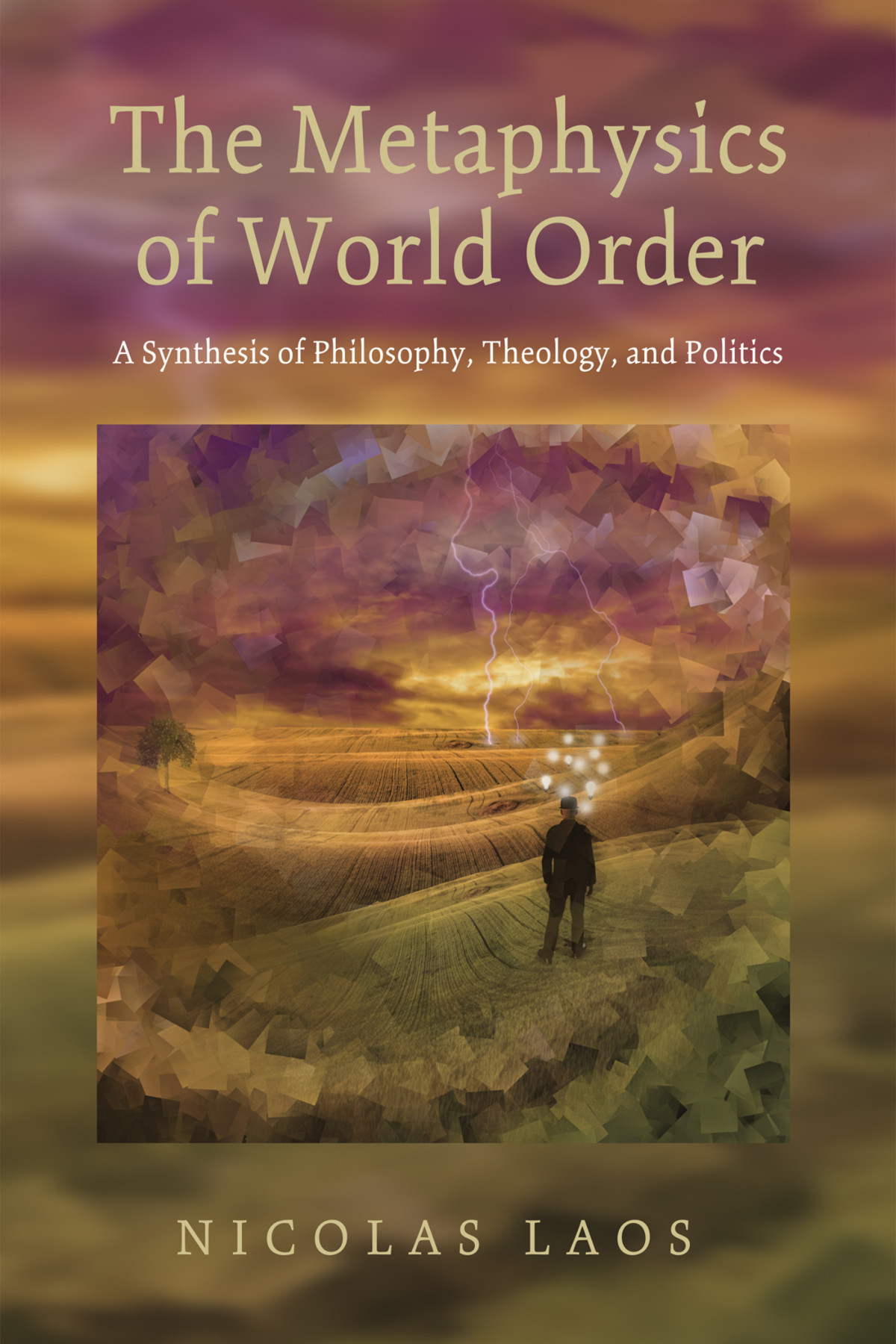

Most ebook files are in PDF format, so you can easily read them using various software such as Foxit Reader or directly on the Google Chrome browser.
Some ebook files are released by publishers in other formats such as .awz, .mobi, .epub, .fb2, etc. You may need to install specific software to read these formats on mobile/PC, such as Calibre.
Please read the tutorial at this link: https://ebookbell.com/faq
We offer FREE conversion to the popular formats you request; however, this may take some time. Therefore, right after payment, please email us, and we will try to provide the service as quickly as possible.
For some exceptional file formats or broken links (if any), please refrain from opening any disputes. Instead, email us first, and we will try to assist within a maximum of 6 hours.
EbookBell Team

0.0
0 reviewsIn this book, Nicolas Laos studies the meaning of the terms "world" and "order," the moral dimensions of each world order model, and wider issues of meaning and interpretation generated by humanity's attempt to live in a meaningful world and to find the logos of the beings and things in the world. The aim of this book is to propose a unified theory of world order (i.e., a theory that combines philosophy, theology, and political theory). In this context, the author provides a thought-provoking (re)interpretation of classical philosophy (placing particular emphasis on Platonism), an in-depth inquiry into medieval philosophy and spirituality (placing particular emphasis on the cultural differences between the Greek East and the Latino-Frankish West), and an intellectually challenging review and evaluation of modern Western philosophy (including Descartes, Spinoza, Leibniz, Locke, Berkeley, Hume, Rousseau, Kant, Hegel, Kierkegaard, Husserl, and Heidegger) and of Nietzsche's and the postmodernists' revolt against modernity. He then elucidates the philosophical foundations and "pedigree" of each of the three basic political theories of modernity (i.e., Liberalism, Communism, and Fascism), and he studies the basic theoretical debates in International Relations, Geopolitics, and Noopolitics. Finally, Laos proposes a new, "fourth," political theory which he calls "metaphysical republicanism."